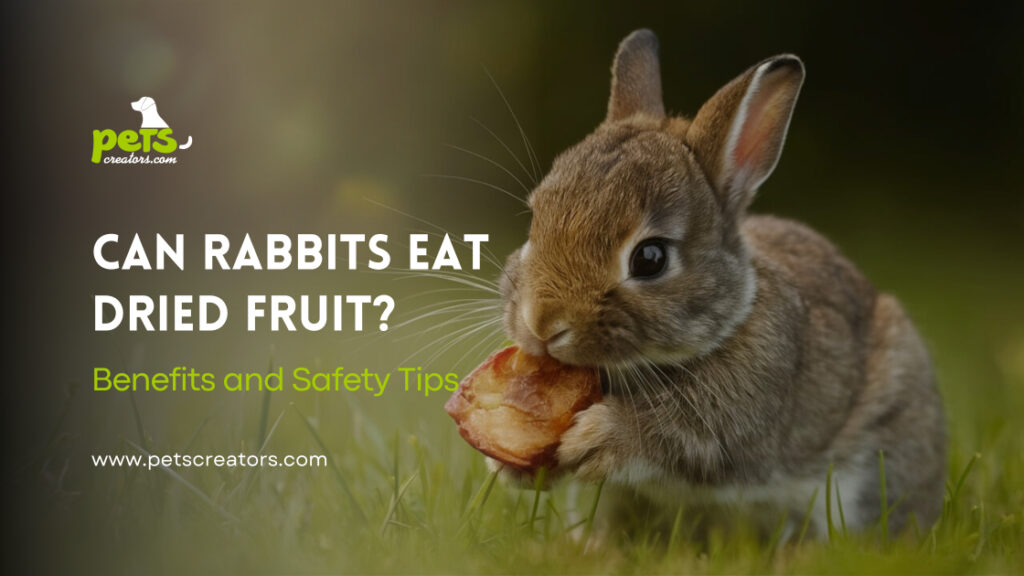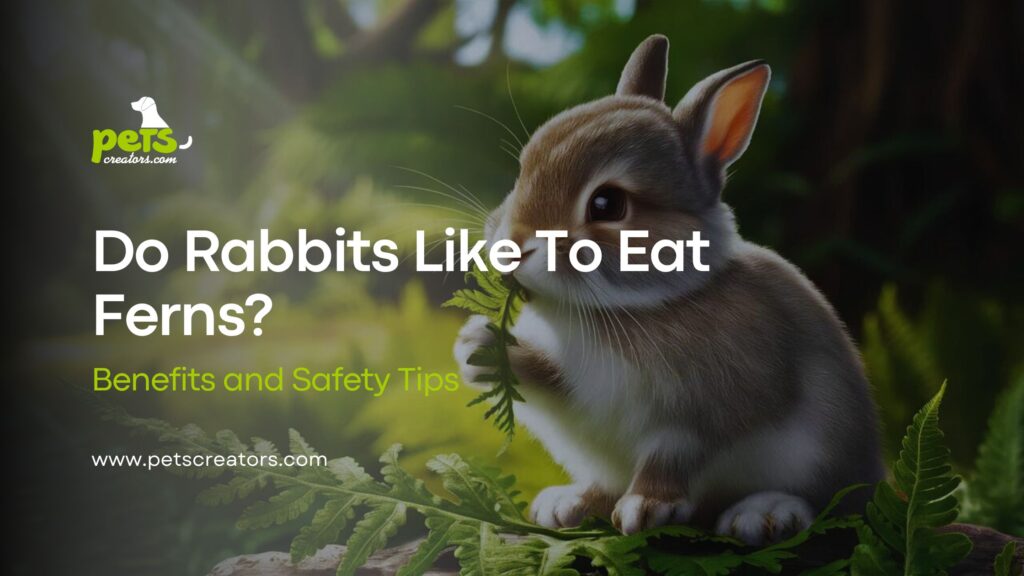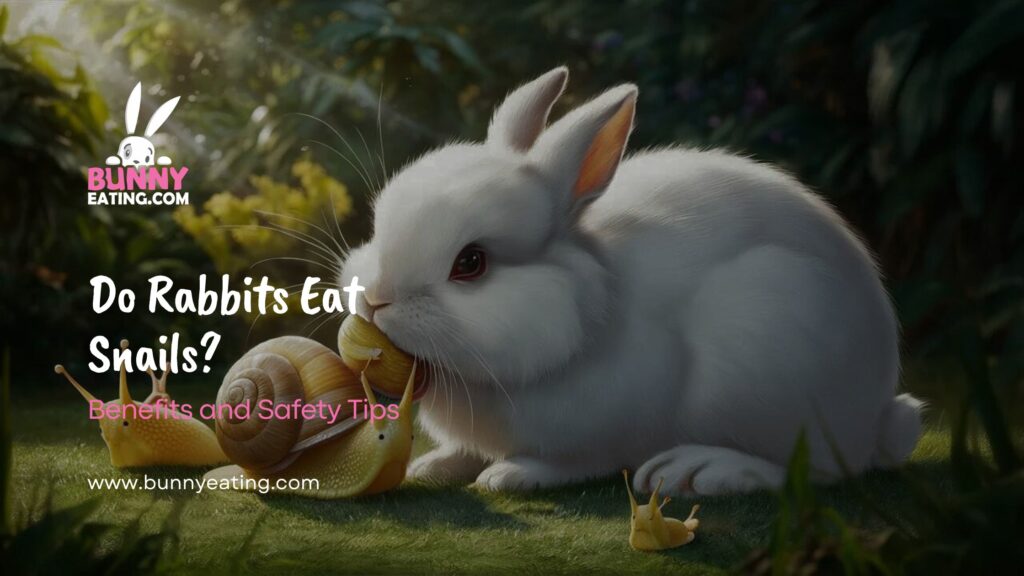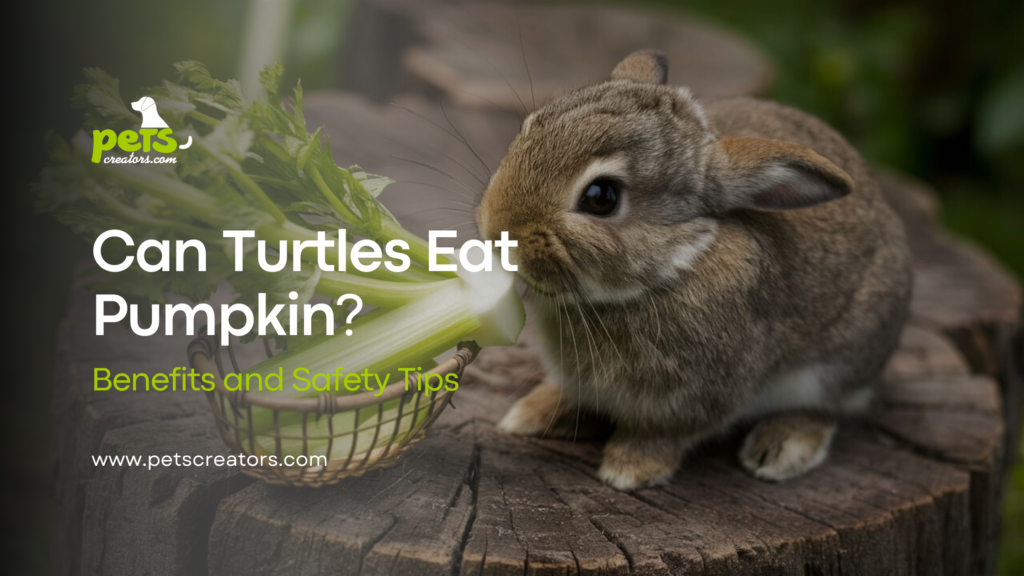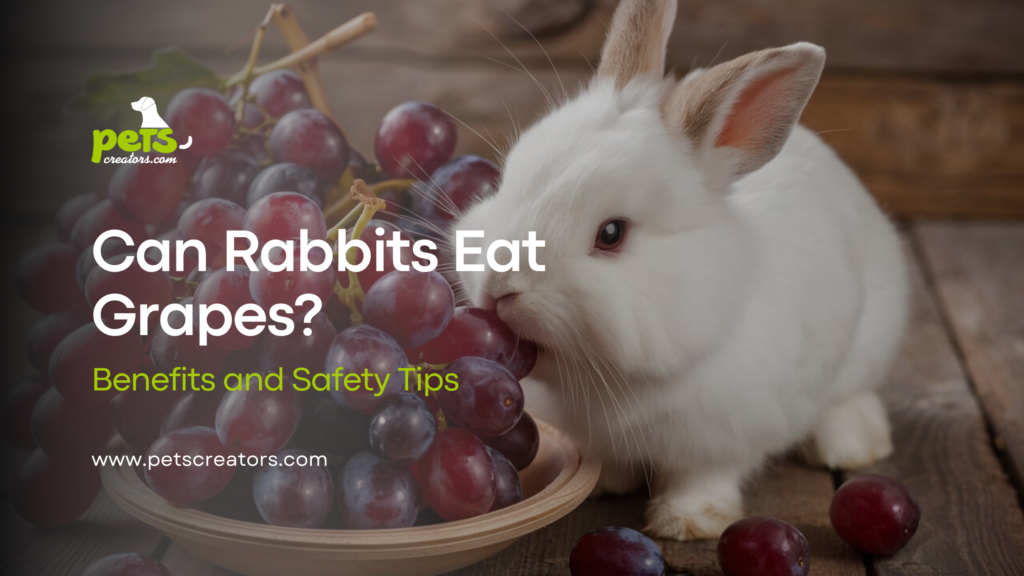Want to know if it is possible to feed your rabbit dried fruit? This guide focuses on the possibilities, advantages, and nuances of supplementing your bunny’s diet with dried fruit. Find out how dried fruits affect the pets’ health, transition to a safer option, and know the correct approach to serving candies. Continue reading to learn more about foods rabbits should and should not eat. Can Rabbits Eat Dried Fruit?
Safe Alternative to Rabbit Eating Dried Fruit?
When thinking about giving your rabbit dried fruit, it’s important to know there are safer alternatives. Fresh vegetables and leafy greens are much better options. These provide essential nutrients without the high sugar content found in dried fruit. For example, carrots, spinach, and cilantro can be great treats that support your rabbit’s health and digestion.
Risks of Feeding Dried Fruit to Rabbits
Feeding dried fruit to rabbits poses several risks. The high sugar content can lead to obesity and dental issues. Dried fruit can also cause digestive problems, making it hard for rabbits to process the concentrated sugars and fibres. These issues can result in discomfort and more severe health problems if not monitored.
Effects of Dried Fruit on Rabbits
As has been explained above in detail, the impacts which the rabbits are subjected to from dried fruits are often discomforting. Because dried fruits are sweet and usually lack moisture, they are capable of disrupting the balance in the rabbit’s gastrointestinal tract. This can cause one to have problems such as bloating, stomach folder and other related problems. In the long run, the use of dried fruits may lead to obesity and dental issues mainly because of the amounts of sugar added to them.
Are Dried Fruits Good for Rabbits?
Dried fruits are generally not good for rabbits. While they may enjoy the sweet taste, the negative health impacts far outweigh any potential benefits. Fresh fruits and vegetables are much healthier alternatives that provide necessary nutrients without the risks associated with dried fruit.
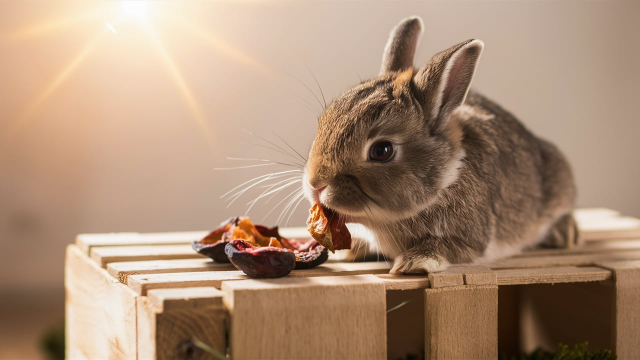
Nutritional Value of Dried Fruit for Rabbits
Dried fruits may contain some vitamins and minerals, but the nutritional value for rabbits is overshadowed by the high sugar content. Rabbits require a diet high in fibre and low in sugar to maintain good health. Dried fruit doesn’t align well with these dietary needs, making it an unsuitable choice for regular feeding.
How is Dried Fruit Made?
Dried fruit is made by removing the water content from fresh fruit, either through sun drying or using specialized dehydrators. This process concentrates the sugars and flavours, making the fruit much sweeter and more calorie-dense. While this is fine for human consumption in moderation, it makes dried fruit a less ideal option for rabbits.
What Types of Dried Fruit Are Safe for Rabbits?
If you must give dried fruit to your rabbit, stick to small amounts of less sugary options like dried apple slices or dried cranberries. However, it’s best to limit these treats to very rare occasions. Always ensure the dried fruit doesn’t contain any added sugars or preservatives, which can be harmful to your rabbit.
Do Wild Rabbits Eat Dried Fruit?
Wild rabbits typically do not eat dried fruit. They consume a diet rich in fresh vegetation, including grasses, leaves, and various plants. The natural diet of wild rabbits is high in fibre and low in sugar, which supports their digestive health and overall well-being.
Why is Eating Dried Fruit Harmful to Rabbits?
Eating dried fruit is harmful to rabbits mainly because of the high sugar content and low moisture. The sugars can lead to obesity and dental issues, while the lack of moisture can cause dehydration and digestive problems. This combination makes dried fruit a poor choice for maintaining a rabbit’s health.
Store-bought Dried Fruit and Rabbits
Store-bought dried fruit often contains added sugars and preservatives, making it even more unsuitable for rabbits. These additives can cause a range of health issues, from digestive upsets to more severe metabolic problems. Always check labels and avoid giving your rabbit any dried fruit that isn’t natural and free from additives.
Fresh Food Leading to Stomach Overload and Digestive Issues?
Fresh food, when given in appropriate amounts, generally doesn’t lead to stomach overload or digestive issues in rabbits. Fresh vegetables and greens are essential for their diet. However, introducing new foods too quickly or in large quantities can cause digestive upset, so it’s important to introduce fresh foods gradually.
Diet Should Be Made Up of 70% Hay, 30% Fresh Food
A rabbit’s diet should consist primarily of hay, making up about 70% of their intake. Hay provides the necessary fibre for healthy digestion. The remaining 30% should come from fresh vegetables, leafy greens, and a small amount of high-quality rabbit pellets. This balance ensures they get all the nutrients they need without the risks associated with high-sugar foods like dried fruit.
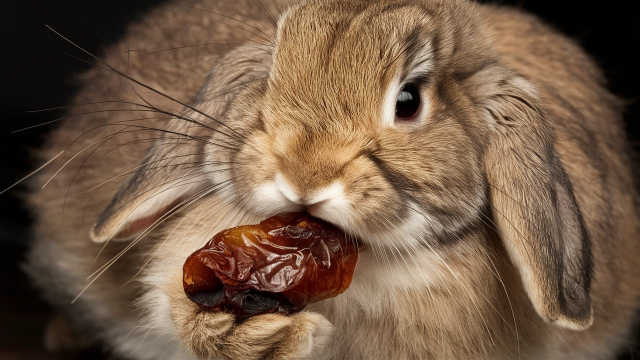
Foods That Can Be Offered Without Restriction
Certain foods can be offered to rabbits without much restriction, primarily hay and water. Fresh, leafy greens such as romaine lettuce, cilantro, and parsley can also be given daily but in controlled portions. These foods provide essential nutrients and support good digestive health without the risks associated with sugary treats.
How Often Can My Rabbit Eat Dried Fruit?
If you decide to give your rabbit dried fruit, it should be very infrequent. Think of dried fruit as an occasional treat, not a regular part of their diet. A small piece once a week or even less often is more than enough. This helps prevent any negative health effects from too much sugar.
Feeding Rabbits Fresh and Dried Fruits
When feeding rabbits fresh and dried fruits, fresh is always the better option. Fresh fruits like apples and berries can be given in small amounts as occasional treats. They provide more moisture and fewer concentrated sugars compared to dried fruits, making them a healthier choice for your rabbit.
Can I Give My Rabbit Dried Fruit? No, or Very Seldom
You can give your rabbit dried fruit very seldom, if at all. The high sugar content makes it a risky choice, so it’s best to avoid it or offer it only on rare occasions. Focus on providing fresh fruits and vegetables that are safer and more beneficial for your rabbit’s health.
How Many Types of Dried Fruit Are There?
There are many types of dried fruit available, including dried apples, raisins, dried cranberries, and dried apricots. However, not all of these are suitable for rabbits. If you must give dried fruit, stick to those with the least amount of added sugars and give them very sparingly.
Observing Your Rabbit After Eating Dried Fruit
If you decide to offer your rabbits with dried fruit ensure that you monitor their behavior for any form of digestive upsets. Feelings of bloating, gas or changes in bowel movements can serve as pointers that the dried fruit in question is not good for him/her. If you see any of these signs, you should discontinue feeding your pet with dried fruit and take your pet to a veterinarian if the condition persists.
What About Dried Fruit Seeds and Leaves?
Dried fruit seeds and leaves are generally not safe for rabbits. Many fruit seeds contain compounds that can be toxic to rabbits, and dried leaves might not provide any nutritional benefit. Always remove seeds and avoid giving your rabbit dried leaves to prevent any potential health risks.
Tips for Serving Dried Fruit to Bunnies
If you decide to serve dried fruit to your bunny, follow these tips: Offer very small amounts, ensure the fruit is free of added sugars and preservatives, and monitor your rabbit for any adverse reactions. Remember, dried fruit should be a rare treat, not a regular part of their diet.
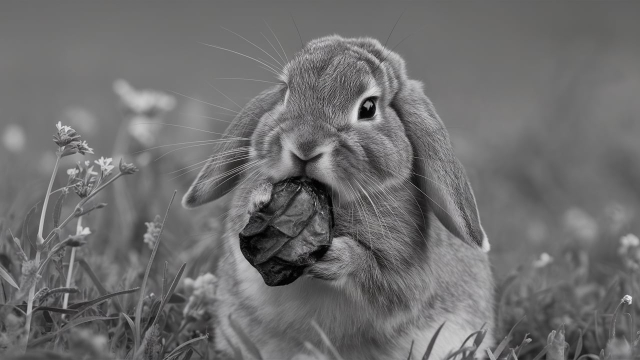
How Does Dried Fruit Affect Digestion in Rabbits?
Dried fruit can affect digestion in rabbits negatively. The high sugar content can disrupt their gut bacteria balance, leading to digestive issues like gas and bloating. Additionally, the lack of moisture in dried fruit can cause dehydration and make it harder for their digestive system to process the food.
What Are the Nutritional Benefits of Eating Dried Fruit for Rabbits?
While dried fruit does contain some vitamins and minerals, the nutritional benefits for rabbits are minimal compared to the risks. The high sugar content outweighs any potential positives, making it a less ideal choice for providing necessary nutrients. Fresh fruits and vegetables are much better for their diet.
Do Rabbits Enjoy Dried Fruit?
Rabbits might enjoy the sweet taste of dried fruit, but that doesn’t mean it’s good for them. Just like humans, rabbits can be tempted by sugary treats that aren’t healthy. It’s important to prioritize their health over their immediate pleasure by offering healthier treats instead.
What Parts of Dried Fruit Can Rabbits Eat?
If you give dried fruit to your rabbit, make sure it’s just the fruit’s flesh. Remove any seeds, pits, or leaves, as these can be harmful. Only give a small piece of the dried fruit flesh and monitor your rabbit for any adverse reactions.
Can Rabbits Eat Dried Fruit Seeds?
No, rabbits should not eat dried fruit seeds. Many seeds contain toxins that can be harmful or even deadly to rabbits. Always remove seeds from the fruit before offering it to your rabbit, whether the fruit is fresh or dried.
Can Dried Fruit Be Toxic to Rabbits?
Yes, dried fruit can be toxic to rabbits if it contains added sugars, or preservatives, or if given in large amounts. The high sugar content alone can cause serious health issues, so it’s best to avoid giving dried fruit to rabbits or only offering it very rarely and in small quantities.
Can Dried Fruit Cause Digestive Problems in Rabbits?
Dried fruit can cause digestive problems in rabbits. The concentrated sugars and lack of moisture can disrupt their digestive system, leading to issues like gas, bloating, and discomfort. It’s important to monitor your rabbit closely if you do give them dried fruit and to keep these treats to a minimum.
How Do You Introduce Your Bunny to Dried Fruit?
If you decide to introduce dried fruit to your bunny, do so very gradually. Start with a tiny piece and see how your rabbit reacts. Monitor for any signs of digestive distress and only increase the amount if there are no adverse effects. Always keep the portions very small and infrequent.
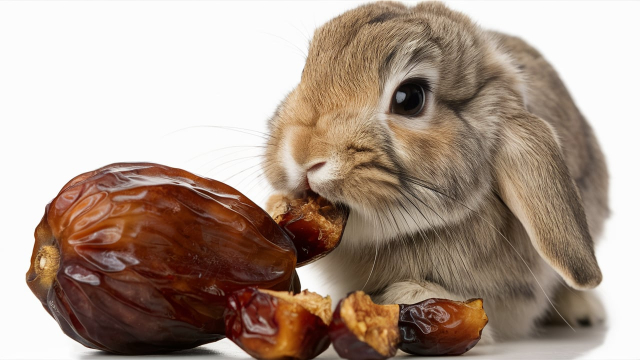
Preparing Dried Fruit for Rabbits
To prepare dried fruit for rabbits, ensure it’s free of added sugars and preservatives. Cut it into very small pieces and only offer a tiny portion. Always remove any seeds or pits, as these can be harmful. Remember, dried fruit should be a rare treat, not a regular part of their diet.
How Do Rabbits Eat Dried Fruit?
Rabbits will likely nibble on dried fruit much like they do with other treats. However, since dried fruit is not a natural part of their diet, it’s important to keep the portions very small. Monitor them as they eat to ensure they don’t consume too much at once.
What Happens If Rabbits Eat Too Much Dried Fruit?
If rabbits eat too much-dried fruit, they can experience digestive problems like gas, bloating, and discomfort. The high sugar content can also lead to obesity and dental issues over time. It’s important to limit their intake to prevent these health problems.
What If My Rabbit Eats a Large Amount of Dried Fruit?
If your rabbit eats a large amount of dried fruit, monitor them closely for signs of digestive distress. Symptoms like bloating, gas, and changes in stool can indicate a problem. Contact your vet if you notice any of these signs or if your rabbit seems uncomfortable or unwell.
How Much Dried Fruit Can My Rabbit Eat?
Your rabbit should only eat a very small amount of dried fruit, and only on rare occasions. A tiny piece once a week or less is sufficient. The high sugar content means dried fruit should be a rare treat, not a regular part of their diet.
When Shouldn’t You Feed Dried Fruit to Your Rabbit?
Do not give rabbits dried fruit if they have a complaint in the digestive system or if the rabbits are obese. Additionally, it is recommended to either restrict your rabbit’s access to dried fruit or to use it sparingly if your rabbit is still a baby. It is better to concentrate on feeding your rabbit hay, fresh vegetables, and a very limited amount of rabbit pellets.
Can Baby Rabbits Eat Dried Fruit?
Baby rabbits should not eat dried fruit. Their digestive systems are still developing, and the high sugar content can cause serious health issues. Stick to a diet of hay, fresh vegetables, and specially formulated pellets to ensure they get the nutrients they need for healthy growth.
How Frequently Should Adult and Baby Rabbits Be Fed Dried Fruit?
Adult rabbits should only be fed dried fruit very infrequently, perhaps once a week or even less. Baby rabbits should not be fed dried fruit at all. Focus on providing a balanced diet that meets their nutritional needs without the risks associated with high-sugar foods.
Potential Dangers in Dried Fruit
The potential dangers in dried fruit for rabbits include high sugar content, the risk of added sugars and preservatives, and the possibility of digestive issues. Dried fruit can lead to obesity, dental problems, and gastrointestinal distress if not given in very small, infrequent amounts.
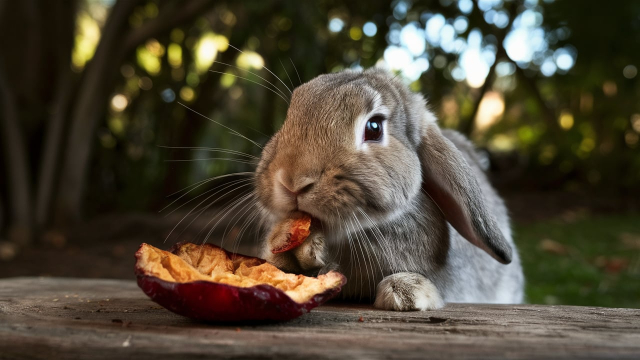
What If My Rabbit Accidentally Eats a Lot of Dried Fruit?
If your rabbit accidentally eats a lot of dried fruit, monitor them closely for any signs of distress. Symptoms like bloating, gas, and changes in stool can indicate a problem. Contact your vet if you notice any of these signs or if your rabbit seems uncomfortable or unwell.
Monitoring Your Rabbit’s Health with Dried Fruit
When giving your rabbit dried fruit, always monitor their health closely. Look for signs of digestive distress, changes in stool, or any unusual behaviour. If you notice any adverse effects, stop giving dried fruit immediately and consult your vet for advice.
Incorporating Fresh Greens and Vegetables
Incorporate fresh greens and vegetables into your rabbit’s diet instead of dried fruit. Leafy greens like romaine lettuce, cilantro, and parsley provide essential nutrients and support good digestive health. These should make up a significant portion of your rabbit’s diet, along with hay and a small amount of pellets.
What Actions Should I Take If My Rabbit Consumes Dried Fruit?
If your rabbit consumes dried fruit, especially in large amounts, monitor them closely for any signs of distress. Look for symptoms like bloating, gas, and changes in stool. Contact your vet if you notice any of these signs or if your rabbit seems uncomfortable or unwell.
Creating a Balanced Diet With Dried Fruit
Creating a balanced diet for your rabbit should not heavily rely on dried fruit. Focus on providing plenty of hay, fresh vegetables, and a small amount of pellets. If you do include dried fruit, make it a very rare treat and monitor your rabbit’s health closely.
My Rabbit Ate a Whole Dried Fruit
If your rabbit ate whole dried fruit, observe them for any signs of digestive distress. Symptoms like bloating, gas, and changes in stool can indicate a problem. Contact your vet if you notice any of these signs or if your rabbit seems uncomfortable or unwell.
Can Rabbits Eat Wild Dried Fruit?
Wild rabbits typically do not eat dried fruit. Their diet consists of fresh vegetation, which is higher in fibre and moisture and better suited to their digestive systems. Offering wild rabbits dried fruit can cause the same health issues as it does for domestic rabbits.
What Else Can I Feed My Rabbit Besides Dried Fruit?
Instead of dried fruit, feed your rabbit fresh vegetables, leafy greens, and a small amount of high-quality pellets. Foods like carrots, spinach, and cilantro are great options that provide essential nutrients without the risks associated with dried fruit.
How to Create a Rabbit-Friendly Garden?
To create a rabbit-friendly garden, plant a variety of safe vegetables and herbs such as carrots, spinach, and cilantro. Ensure the garden is free from toxic plants and pesticides. A safe and natural environment can enrich your rabbit’s diet and overall well-being.
Dried Fruit Feeding Guidelines and Amounts
When feeding dried fruit to rabbits, keep the portions very small and infrequent. A tiny piece once a week or even less is sufficient. Ensure the dried fruit is free from added sugars and preservatives to minimize health risks.

Rabbit Treats Made at Home With Dried Fruit
If you want to make rabbit treats at home with dried fruit, ensure you use only small amounts. Combine the dried fruit with other healthy ingredients like hay or fresh vegetables. Always monitor your rabbit’s health after giving these treats and adjust the recipe as needed to ensure their well-being.
Conclusion
Rabbits should rarely be given dried fruits because of the amounts of sugar found in them and the health problems they cause. Hay and green vegetables, fresh vegetables especially green leaves should be the mainstay of the diet. With these impacts of dried fruit in mind, your rabbit would be in good health and, therefore, leading a happy life. A rabbit’s health should always be observed and any abnormality should be referred to a vet.
FAQs
Can rabbits eat dried fruit?
Rabbits can eat dried fruit very sparingly, but it’s not recommended due to its high sugar content and potential health risks.
What are the risks of feeding dried fruit to rabbits?
Risks include obesity, dental issues, and digestive problems like gas and bloating.
What’s a safer alternative to dried fruit for rabbits?
Fresh vegetables and leafy greens are much safer and healthier alternatives.
How often can I give dried fruit to my rabbit?
Only very occasionally, such as a small piece once a week or less.
What should a rabbit’s diet mainly consist of?
A rabbit’s diet should be 70% hay, 30% fresh vegetables, and small pellets.
Can baby rabbits eat dried fruit?
No, baby rabbits should not eat dried fruit due to their sensitive digestive systems.
What should I do if my rabbit eats too much-dried fruit?
Monitor for signs of distress like bloating or changes in stool and consult a vet if needed.
Are there any types of dried fruit safe for rabbits?
Use dried fruits with the least sugar and no added preservatives if necessary, but very sparingly.

